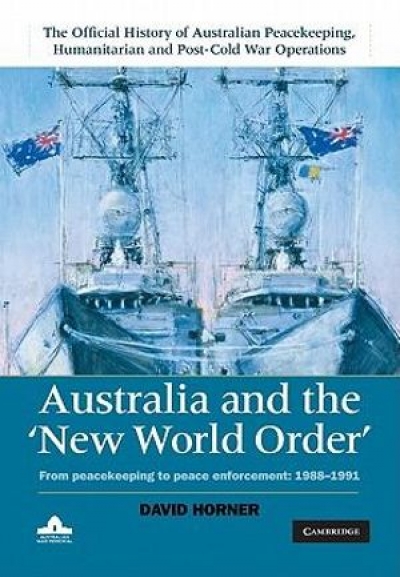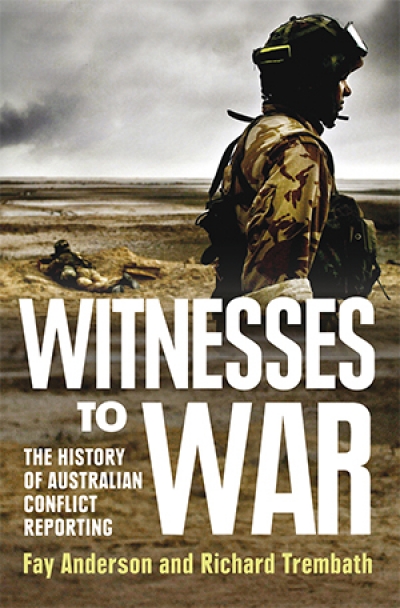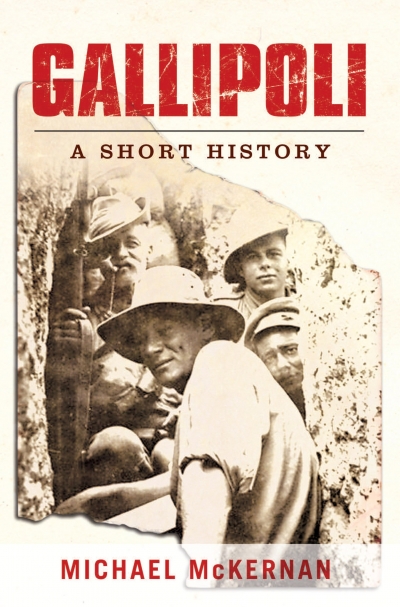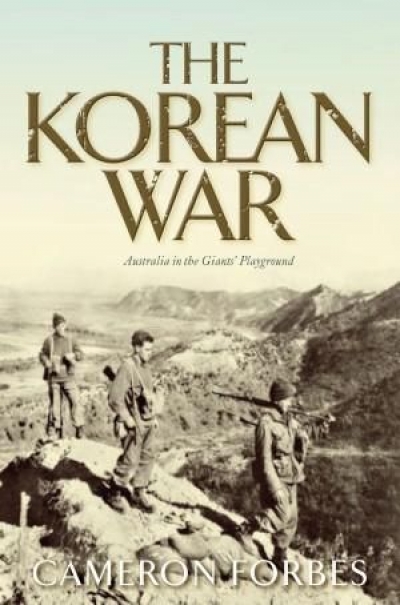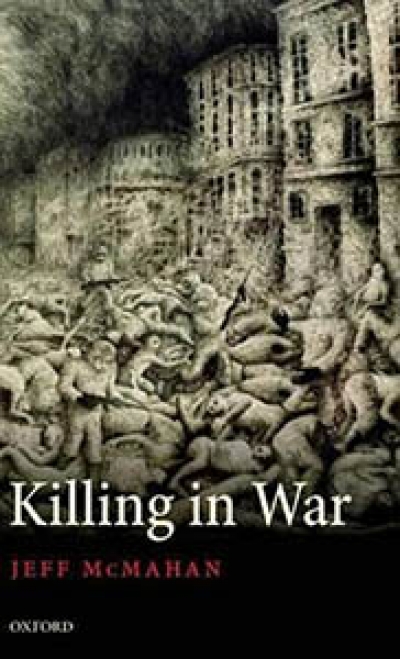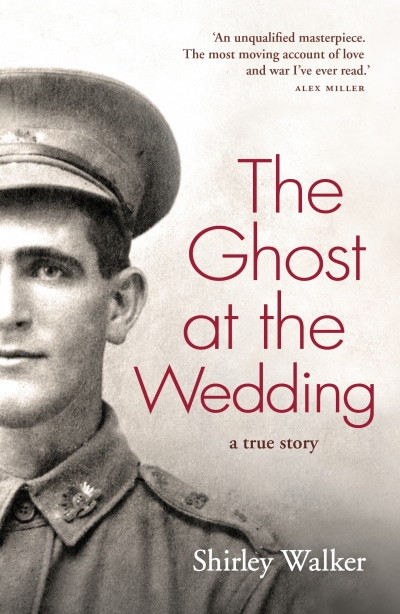War
Australia and the ‘New World Order’: From Peacekeeping to Peace Enforcement: 1988–1991 by David Horner
by Peter Edwards •
P.O.W.: Australian Prisoners of War in Hitler’s Reich by Peter Monteath
by Peter Pierce •
Witnesses to War: The History of Australian Conflict Reporting by Fay Anderson and Richard Trembath
by Jill Jolliffe •
All Day Long the Noise of Battle: An Australian Attack in Vietnam by Gerard Windsor
by Elisabeth Holdsworth •
Gallipoli: A Short History by Michael McKernan & Pozières: The Anzac Story by Scott Bennett
by Robin Prior •
Crack Hardy: From Gallipoli to Flanders to the Somme, the True Story of Three Australian Brothers at War by Stephen Dando-Collins
by Stephen Mansfield •
The Korean War: Australia in the Giant’s Playground by Cameron Forbes
by Richard Broinowski •
The Ghost at the Wedding: A true story by Shirley Walker
by Brenda Niall •

